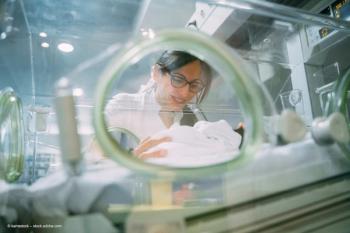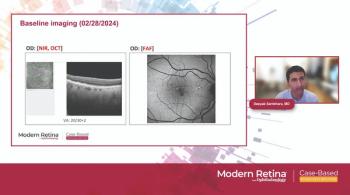
Applied Science expands its AdaptivMD chronic care workflow technology
Applied Science, Inc. (ASI) is expanding its AdaptivMD chronic care workflow technology
Applied Science, Inc. (ASI) is expanding its AdaptivMD chronic care workflow technology to Sierra Family Health Center (SFHC) and Western Sierra Medical Clinic (WSMC). ASI has integrated a retinal screening solution from Verily Life Sciences LLC (formerly Google Life Sciences) into its workflow automation platform to make easy, high-quality retinal health screenings conveniently accessible and efficient.
This step aims to significantly increase annual screening compliance for diabetic retinopathy through improved clinical workflow and patient convenience.
For patients Northeast California's Nevada, Placer, Sierra, and Yuba counties, this will allow for local screenings and ease the burden for long distance travel for such imaging. In the press release, Applied Science noted their committed to delivering tools and technologies that enable better access to care and efficient, high-quality outcomes for underserved rural and urban communities.
Debra Plass, CEO of SFHC, noted that this new technology will empower earlier detection of potentially vision loss conditions, saying, "Diabetic Retinopathy is a far too common cause of blindness, and it must be caught early to enable effective treatment. Unfortunately, too few people who need regular screenings get them. With this new technology in place in our clinics, our community members can now receive the essential, timely and convenient, five-minute screenings each year as medically recommended, without the hassle of leaving the community."
Daniel Happs, WSMC's Chief Information Officer and Chief Quality Officer, continued on this note, saying, "We understand that managing diabetes can be challenging, so we have been working hard to improve compliance with what the science tells us. I have been impressed by the technology, safety and security of the Verily / Applied Science solution and look forward to deploying additional future innovations to simplify ways to help our community remain healthy."
This marks another development in the ongoing incorporation of technology, specifically AI technologies, to better meet the need for patient care without putting significant burdens of time onto the patients or treatment providers.
Reference:
1. Applied Science Releases New Advanced Technologies to Improve Care for People Living With Diabetes in Rural and Under-Served Communities. Applied Science, Inc. September 25, 2024. Accessed October 8, 2024. https://www.accesswire.com/923482/applied-science-releases-new-advanced-technologies-to-improve-care-for-people-living-with-diabetes-in-rural-and-under-served-communities
Newsletter
Keep your retina practice on the forefront—subscribe for expert analysis and emerging trends in retinal disease management.







































